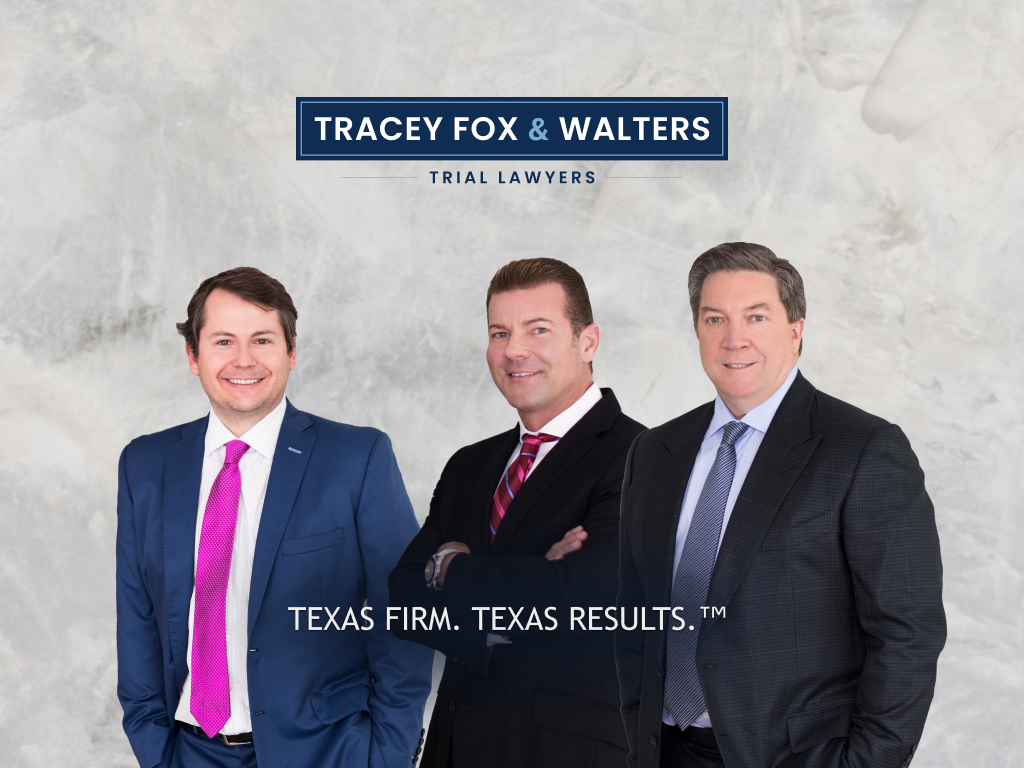In June 2021, Lloyd Baker, a U.S. Army veteran, was awarded $1.7 million in damages by a federal jury in Pensacola, Florida for the hearing loss and tinnitus (ringing in the ears) he suffered after using defective combat earplugs.
The manufacturer, 3M, faces hundreds of thousands of claims from service members and veterans who used their Combat Arms Earplug between 2007 and 2013. The verdict for Mr. Baker was the second such verdict against 3M, which has come under fire for covering up the dangers of this defective product.
The flaws in the Combat Arms Earplug put service members at risk
At the center of the lawsuit is the Combat Arms Earplugs Version 2 (CAEv2), a product that 3M sold to the military to protect service members who would be exposed to loud sounds such as explosions and gunshots in combat zones. The earplugs used a dual-end design: one end would reduce noise but still allow service members to communicate and hear orders, while the other would provide protection from the loudest, most intense noises.
However, the product failed to work as intended. Lawsuits against 3M allege, and the Pensacola jury agreed, that the earplugs could shift out of the ear canal, exposing the ear to dangerously loud sounds. The consequences are hearing loss, tinnitus, and permanent damage.
In Baker’s case, he started experiencing hearing loss and tinnitus during training prior to deployment. At Fort Lewis in Washington state, he took part in exercises that involved the detonation of loud munitions inside buildings, designed to recreate an urban combat environment in Iraq. The defective earplugs were supposed to protect his hearing against the dangers of those training exercises, and they did not.
3M knew the earplugs were defective, and failed to inform the military
The origin of the design defect was simple: the earplugs didn’t fit in the Army’s carrying case, so 3M made them shorter. Unfortunately, this also meant they were too short to go deeply into the ear, especially for soldiers with large ear canals. The device couldn’t be inserted deeply enough to create an airtight seal, compromising the hearing protection.
“3M knew the earplugs were defective, and they failed to inform the military. We have this on record, from their internal emails,” said attorney Sean Tracey of Tracey Fox King & Walters, who represented Baker. “Service members like Lloyd were harmed while 3M executives were joking about deceiving our military for profit. This verdict, finally, will hold them accountable.”
The extent of the coverup on 3M’s part is significant. The company has been accused of hiding design flaws and rigging test results in order to misrepresent their product’s effectiveness to the military. More specifically, the earplugs were tested and rated for safety while worn in a different configuration than the one service members were trained to use in the field – meaning the “safety” testing did not accurately reflect whether the product was actually safe for service members to use.
The cost of hearing loss can be significant
It’s easy for people who do not struggle with hearing loss to underestimate the value of healthy hearing. Hearing loss can impede a victim’s ability to work, both in military and civilian careers, and significantly harm overall quality of life. Treating hearing loss may require assistive devices such as hearing aids. Tinnitus isn’t just ringing in the ears; it can likewise affect quality and enjoyment of life, as well as ability to communicate, which is critical to any career.
Victims of this defective product may be able to pursue compensation for their medical expenses, medical devices, lost income, and pain and suffering. While the payout for each victim will vary depending on the extent of the hearing loss and the effects on their life, the legal principle is the same: negligent manufacturers need to be held accountable for the harm their defective products cause.
The 3M lawsuit may be the largest product liability lawsuit in American history, but it’s also a case study in product liability law more generally. If you’ve been hurt by a defective product, you have rights, and an attorney can protect them. Speak with an experienced product liability lawyer today about your legal options.
Tracey Fox & Walters is a personal injury and product liability firm based in Texas.




